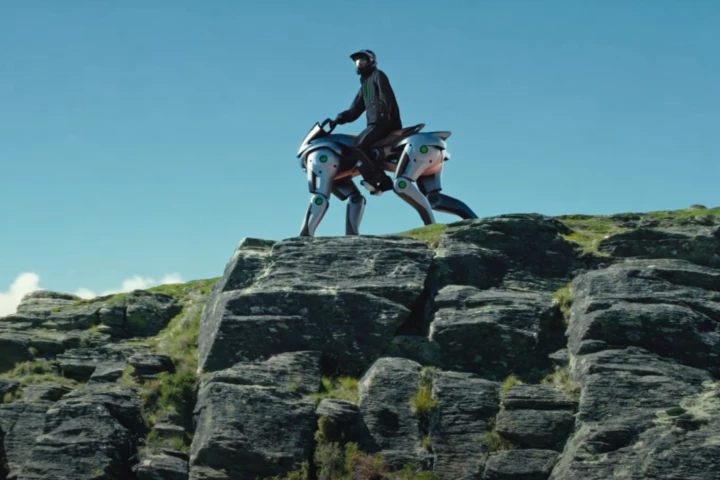Although electronic devices are shrinking all the time, the idea of a smart contact lens still seems wildly ambitious. Now Sony has reached even further into the realm of the hypothetical and yanked out something that trumps all the efforts we have seen before. A patent filing by the Japanese company reveals its vision for a contact lens that not only records video and images with a simple blink, but manages to store them right there and then on the user's eyeballs.
Google, Samsung and a number of research groups have all made their plans for smart contact lenses public. The motivation behind these range from glucose monitoring to augmented reality to boosting vision through telescopic lenses. But one thing they have in common is that they are all early-stage prototypes or patented pipe dreams, with consumer-ready products seemingly still a ways off.
Sony's patent application doesn't change that, but does reveal an even bolder plan for a smarter, and probably scarier, piece of eyewear. Among the hardware built into the lens would be an image capture unit, a main control unit, storage module, antenna and a piezoelectric sensor.

These piezoelectric sensors would sense how long eyelids remain closed to discern between conscious blinks and unconscious blinks. This would give wearers a simple control mechanism to capture photos and videos and upend the old adage "blink and you'll miss it" in the process.
As the patent filing states: "It is known that a time period of usual blinking is generally 0.2 seconds to 0.4 seconds, and therefore it can be said that, in the case where the time period of blinking exceeds 0.5 seconds, the blinking is conscious blinking that is different from usual blinking (unconscious blinking)."
Power would come wirelessly by way of a nearby smartphone, tablet or computer. This could be achieved either through electromagnetic induction, radio waves or electromagnetic field resonance. The lens would also be capable of zooming and autofocusing.
Clearly there'd be a long line of technological and regulatory hoops to jump through before the streets are filled with blink-happy pedestrians cataloging everything in sight. But nonetheless, that another big player is eying such a future is pretty exciting, or scary-as-hell, depending on how you look at it.
Source: US Patent & Trademark Office




